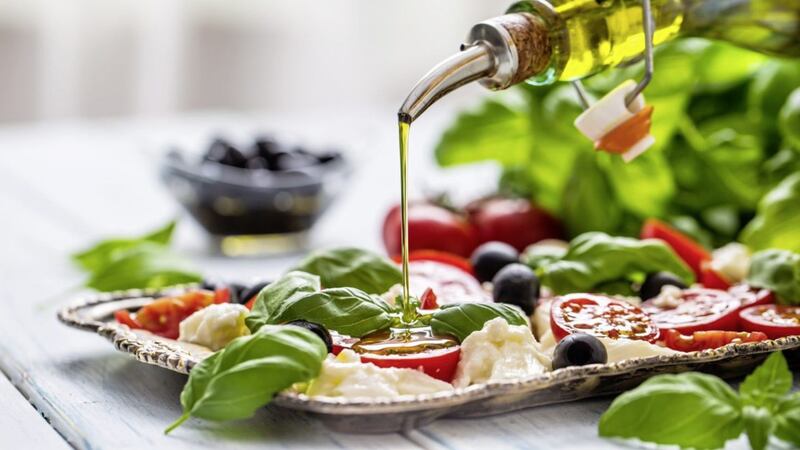VITAMIN K is a fat-soluble vitamin, like vitamins A, D and E. It is best known for the important role it plays in blood clotting. Vitamin K doesn’t get talked about as much as the other vitamins and because of that it is sometimes called "the forgotten vitamin".
However, recent evidence suggests that vitamin K is important as it works in tandem with vitamin D, and it appears that if you are deficient in one, neither works at their best in your body. The latest message is that vitamin D is a key player in your overall health.
New research suggests that, just like vitamin D, nearly everyone is deficient in vitamin K. Most of us get enough K from our diet to maintain adequate blood clotting, but NOT enough to protect us from a variety of other health problems.
Vitamin K comes in three forms: K1, or phylloquinone, Vitamin K2, also called menaquinone and Vitamin K3, or menadione. K1 is found naturally in plants, especially green vegetables, lettuce, sundried tomatoes, olive oil, raw carrots and fennel, celery, leeks, most herbs, endame or soybeans, roasted cashew nuts, blackberries, blueberries, raspberries, figs and pears.
K1 goes directly to your liver and helps you maintain healthy blood clotting. K2 is made by the bacteria that line your gastrointestinal tract and goes to your blood vessel walls, bones, and tissues other than your liver. The highest source is from eating fermented foods like natto, which is a form of fermented soybeans consumed in Asia. It has a very distinctive taste which you will either love or hate. It is available online or in some health-food shops.
Other foods high in K2 include kefir – a fermented milk drink common in Russia – sauerkraut and dill pickles, which are often available fresh from farmer’s markets, roast chicken, oysters and soft cheese. K3 is a synthetic form which most experts suggest you avoid.
Vitamin K seems to be important in brain health problems, including dementia, and while research is under way to determine its exact role, it seems to protect against cancer of the lung and liver and leukaemia. It also helps prevent tooth decay, arterial calcification, cardiovascular disease, varicose veins, and infectious diseases such as pneumonia. Some very recent studies also suggest that treating patients suffering with these cancers with vitamin K, may slow the growth of the cancer cells.
Vitamin K2 helps to prevent hardening of the arteries, which is a common factor in coronary disease and heart failure. Research suggests vitamin K2 may help to keep calcium out of your artery linings and other body tissues, where it can cause damage.
A number of Japanese trials have shown that vitamin K2 completely reverses bone loss and in some cases even increases bone mass in people with osteoporosis. The pooled evidence of seven Japanese trials show that vitamin K2 supplementation produces a 60 per cent reduction in vertebral fractures and an 80 per cent reduction in hip and other non-vertebral fractures. So it may be very well worth supplementing if you have osteoporosis or a family history of this condition.
Researchers in the Netherlands showed vitamin K2 is three times more effective than vitamin K1 in raising osteocalcin, which controls the building of bone.
The best form to supplement with is vitamin K2, which is natural and not toxic and is the form that is made by our bodies. Latest studies show its vitamin K2, rather than K1, in concert with vitamin D, which is most protective.
Your bones are actually composed of more than a dozen minerals. If you focus just on calcium, many experts for years have warned that you will likely weaken your bones and increase your risk of osteoporosis. It is often better to go for a specialised formula like Urticalcin by A. Vogel, this homeopathic preparation provides a safer form that is unlikely to get into the wrong tissues.
In order for your body to absorb vitamin K effectively, you need to eat some fat along with it. So grate up a selection of the vegetables listed above and dress with some olive oil and lime juice for ultimate absorption.
Other foods high in K2 include raw dairy products such as milk and soft cheeses, raw butter, we have 2 farmers here producing raw milk and cheese, one in Kilrea, one in Portadown, worthwhile sourcing.
If you have experienced stroke, cardiac arrest, or are prone to blood clotting, are pregnant or breast feeding, you should not take vitamin K2 supplements without first consulting your doctor or pharmacist.
r.armstrong@irishnews.com








